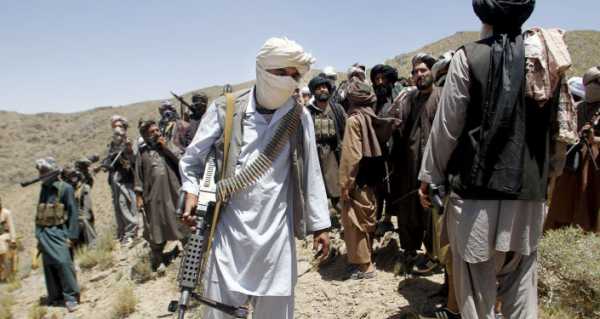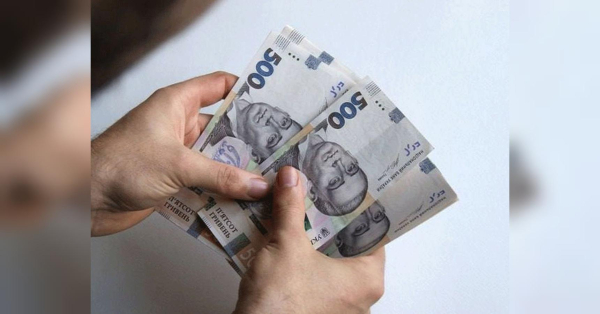
As the intra-Afghan talks kicked off in Doha on September 11, India’s strategic affairs’ community has expressed concern over the future of Afghanistan under the Taliban. India has a wide-ranging development and security partnership with Afghanistan, besides the war-torn country is considered as its gateway into energy-rich Central Asia.
India’s former foreign secretary Kanwal Sibal has raised an alarm over the impending conclusion of the Taliban Peace Deal against the backdrop of a surge in attacks in Afghanistan, including against members of the Sikh community in the Central Asian country.
“Minorities will not be safe under the Taliban. The Sikhs have already been targeted by the Pakistan-Taliban combine,” Sibal noted with concern, talking to Sputnik.
Sibal, who has also served a stint in Moscow as India’s envoy, warned that repercussions of the Taliban regaining its foothold in Afghanistan could be felt in Central Asia and beyond.
The comments by Sibal signify wariness in India’s strategic community when it comes to trusting the Taliban. India’s External Affairs Minister S Jaishankar addressed the inaugural intra-Afghan talks (IAN) in Doha on September 12 in a virtual format, reiterating India’s support for an “Afghan-led” and “Afghan-owned” peace deal.
While India has been seen as hesitant to talk to the Taliban, New Delhi has reportedly sent representatives to witness both the signing of the deal on February 29 and the beginning of negotiations on September 11.
While India is watching cautiously as the peace deal unfolds in Afghanistan, US Special Representative for Afghanistan Reconciliation Zalmay Khalilzad has been involved in hectic lobbying efforts with New Delhi and other regional partners to ensure the plan’s success.
On a daylong visit to India on Tuesday, Khalilzad held discussions with Jaishankar and National Security Advisor Ajit Doval on furthering the intra-Afghan talks. The trip was Khalilzad’s fifth to the country in two years.
India’s Interest in the Absence of US Security
Despite over $3 billion investment in civil infrastructure projects in Afghanistan, New Delhi has maintained a distance from the peace process since it kicked off two years ago. The Indian government, while sharing opinion similar to Iran on the issue of engaging in a process for years, considered that the Taliban-led government will not be in the interest of New Delhi, as the close links of Pakistan with the movement may play spoilsport in the region. However, Tehran established contacts with the Taliban in 2019.
Jaishankar emphasised that any peace process must preserve the “progress made in the establishment of a democratic Islamic Republic in Afghanistan. The interests of minorities, women and vulnerable sections of society must be preserved and the issue of violence across the country and its neighbourhood has to be effectively addressed.”
New Delhi has built over 4,000 kilometre of roadways, hydro-electric power plants, 200 private and public schools among other projects in the war-torn country. New Delhi also views Afghanistan as its gateway into energy-rich Central Asia, with its strategic interests in five central Asian countries ranging from energy to defence, said an analysis by Carnegie India last year.

A general view shows talks between the Afghan government and Taliban insurgents in Doha
Veteran Indian defence expert Qamar Agha reckoned that a “security vacuum” would be created in Afghanistan once the remaining US troops stationed at five different bases complete the withdrawal process over the 14-month time frame, as specified in the Peace Deal signed on February 29 this year.
Agha stressed that India’s political presence in Kabul in the wake of US troops’ withdrawal would also serve to protect its economic and security interests in the region as the security situation changes.
The China Wall
India has been exploring different routes to make inroads into Central Asia, including developing a section of the Chabahar port and building other infrastructure projects. While India’s trade with five central Asian countries stood at just $1.5 billion as of 2018, the potential for trade is extremely high, said a study by New Delhi-based think tank Institute of Defence Studies and Analysis (IDSA) in 2018.
A free trade deal between India and the Eurasian Economic Union (EAEU), on the cards for a while now, could take the two-way trade between the two regions to $170 billion from the current $10 billion.
The operationalisation of the Turkmenistan-Afghanistan-Pakistan-India (TAPI) pipeline in the future could see nearly 33 billion cubic metres of gas exported from the region annually.
In an attempt to counter India’s growing interest, the Imran Khan-government has aimed to enhance its trade outreach to Central Asia with the help of the extension of the China-Pakistan Economic Corridor (CPEC) to Afghanistan.
China has intensified its involvement in Afghanistan affairs with a series of meetings with the Taliban delegation since 2019. Nevertheless, Beijing maintained that “foreign troops should withdraw in an orderly and responsible way,” as experts believe that chaos in Afghanistan will stoke Islamic fundamentalism that threatens domestic security in China, particularly in Xinjiang.
Retired Indian Army four-star general Lieutenant General (retired) Syed Ata Hasnain told Sputnik that China’s interest in Afghanistan was entirely of a strategic nature, meant to “fence off” the US from Central Asia.
“A continuum of territory linked by BRI through Central Asia and Pakistan will provide a huge sphere of influence to gain an advantage in the New Great Game,” opined Lieutenant General Hasnain.
Sourse: sputniknews.com






